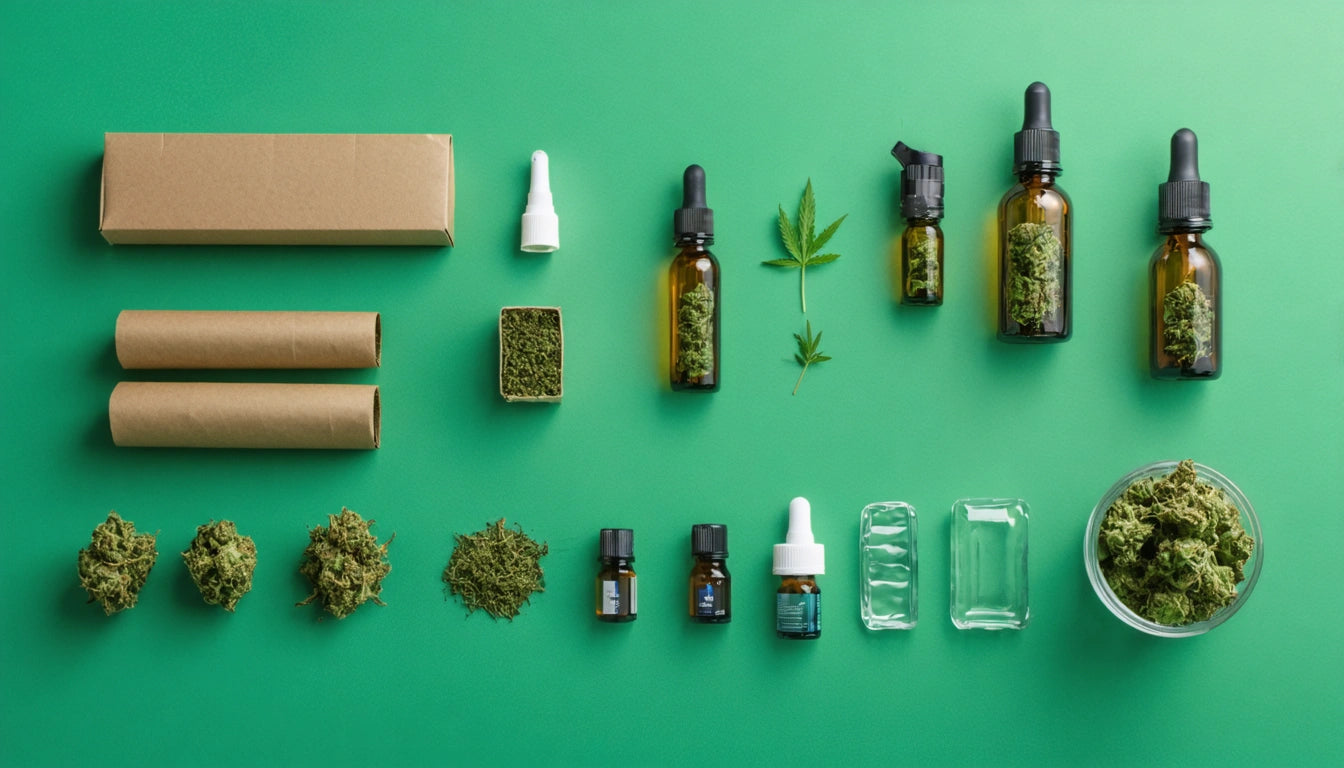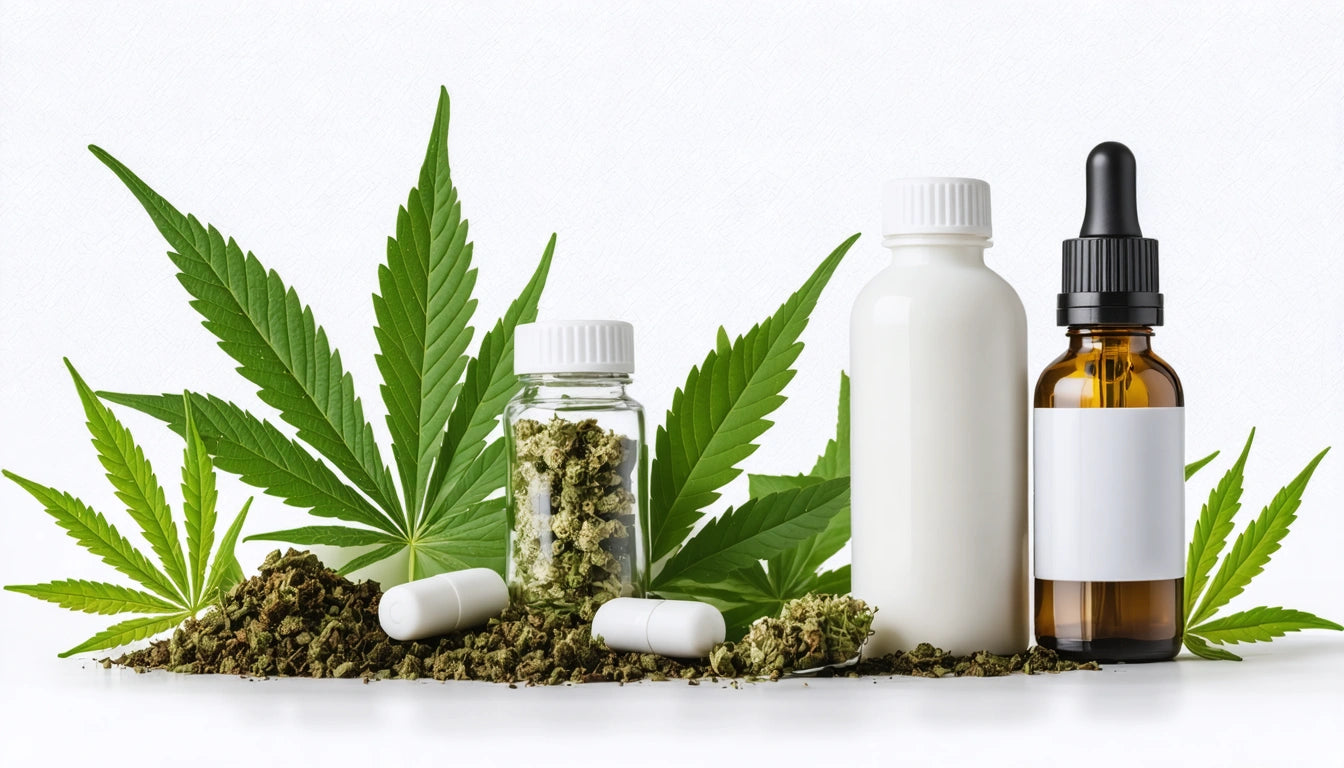Table of Contents
How to Pass a Probation Urine Test: Tips and Insights
Navigating probation requirements can be challenging, especially when it comes to mandatory drug testing. Understanding what type of urine test probation uses and how to properly prepare for these tests is essential for successfully completing your probation period. This guide offers comprehensive information about probation urine tests and strategies to help you pass them legitimately.
Understanding Probation Urine Tests
Probation departments typically use urine tests as their primary screening method due to their cost-effectiveness and reliability. When you need to understand drug testing procedures on probation, knowing the basics of how these tests work is the first step.
Most probation offices employ a standard panel test that screens for multiple substances simultaneously. These tests detect metabolites, which are compounds produced when your body processes substances. The presence of these metabolites indicates recent substance use.
Types of Urine Tests Used for Probation
If you're wondering what kind of urine test does probation use, there are several common types:
Immunoassay Tests
These are the most common initial screening tests. They're quick and relatively inexpensive, making them ideal for routine probation testing. However, they can sometimes produce false positives.
Gas Chromatography/Mass Spectrometry (GC/MS)
This is a more advanced confirmatory test used when an immunoassay result is positive or contested. GC/MS tests are highly accurate and can detect substances at much lower concentrations.
Ethyl Glucuronide (EtG) Tests
For those concerned about how to pass an alcohol urine test for probation, it's important to know that EtG tests specifically detect alcohol metabolites and can identify alcohol consumption up to 80 hours after drinking.
Detection Windows for Common Substances
Understanding detection windows is crucial when preparing for a probation urine test:
- Marijuana: 3-30 days (depending on frequency of use)
- Cocaine: 2-4 days
- Amphetamines: 2-4 days
- Opioids: 2-5 days
- Benzodiazepines: 2-10 days (up to 30 days for some types)
- Alcohol (standard test): 12-24 hours
- Alcohol (EtG test): Up to 80 hours
These timeframes can vary based on individual factors such as metabolism, body mass, hydration levels, and frequency of use. For more detailed information on understanding urine drug tests, consult our comprehensive guide.
Preparation Strategies
When looking for how to pass a urine drug test for probation, consider these legitimate approaches:
Natural Detoxification
The most reliable method is to abstain from substances and allow your body to naturally eliminate metabolites. This approach requires time but is the most effective and legally sound strategy.
Hydration and Diet
Proper hydration helps your body process and eliminate toxins. Drinking water, herbal teas, and cranberry juice may support your body's natural detoxification processes. A diet rich in fiber can also help by promoting elimination through the digestive system.
Some individuals find that specialized equipment like quality grinding tools for herbs and supplements can help prepare natural ingredients for detox teas and smoothies as part of their cleansing regimen.
Exercise
Regular physical activity increases metabolism and can potentially speed up the elimination of some substances. However, it's important to note that exercise should be avoided 24-48 hours before a test for marijuana, as it can release stored THC from fat cells.
Day of Test Considerations
When the day comes for how to pee for probation, keep these factors in mind:
Sample Temperature
Urine samples must be within a specific temperature range (90-100 °F) to be considered valid. This is one way testing facilities verify that the sample hasn't been tampered with.
Dilution Concerns
While staying hydrated is important, excessive water consumption right before a test can result in a diluted sample. Probation officers are trained to identify diluted samples, which may be considered a violation or require retesting.
First Void vs. Mid-Stream
The concentration of metabolites is typically highest in the first morning urine. If possible, provide a mid-stream sample rather than the beginning of your urine flow, as this may contain fewer metabolites.
For more specific guidance on effective strategies for passing a drug test on probation, our detailed resource provides additional insights.
Legal and Ethical Approaches to Passing Probation Tests
The most reliable way to pass a probation urine test is to comply with the terms of your probation by abstaining from prohibited substances. However, if you're concerned about previous use, consider these legitimate approaches:
- Be honest with your probation officer about any prescription medications you're taking that might affect test results
- Maintain documentation from healthcare providers about prescribed medications
- Consider seeking substance abuse treatment if you're struggling with addiction
- Request information about your probation department's policies regarding false positives and confirmation testing
For those specifically concerned about cannabis detection, our guide on passing a urine drug test for marijuana provides targeted information.
Remember that attempting to cheat a probation drug test can result in serious consequences, including revocation of probation and potential incarceration. The strategies outlined in this guide focus on legal and ethical approaches to help you successfully complete your probation requirements.











Leave a comment
All comments are moderated before being published.
This site is protected by hCaptcha and the hCaptcha Privacy Policy and Terms of Service apply.